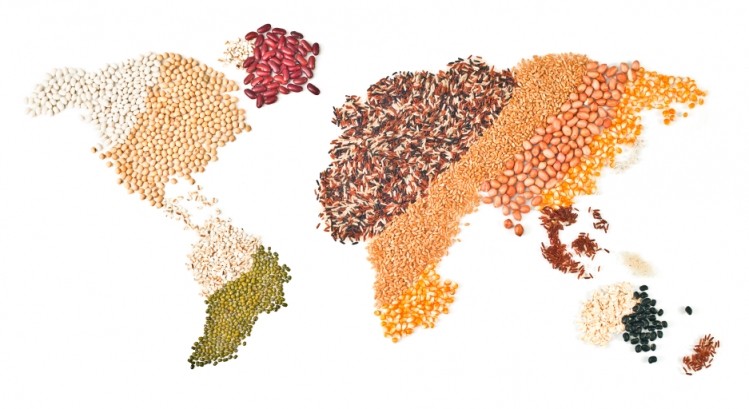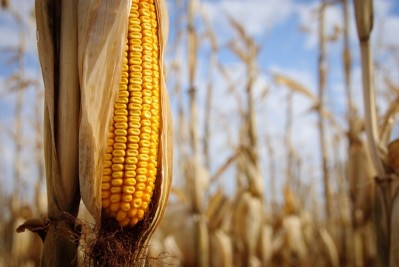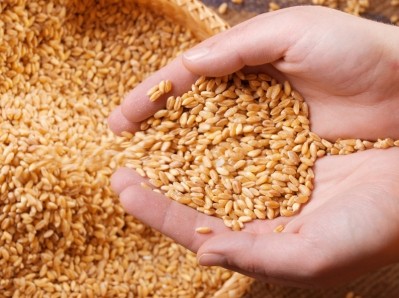Milling & Grains bite-size news
World grains, blackgrass woes, farmer bonus, efficient baling

Grain stockpiles reach record levels
Better than expected corn and wheat crops will raise global inventories to the highest in around 30 years, says a report from the London-based International Grains Council (IGC).
In the past 12 months, US growers harvested a record crop and the outlook for production in Brazil and Argentina has also improved, it said, although wheat futures have dropped 4.4%.
Farmers will gather 991.9 million tons of corn this season - 9.6 million tons more than previously forecast.
Wheat production is predicted to increase to 717 million tons, up from 712.7 a year earlier, although world wheat production is “provisionally” forecast to slip 2% to 701 million tons next season.
Overall, total grain production, excluding rice, is forecast to advance to a record 2.002 billion tons from two billion tons in 2013-14, which raised the outlook by 11.8 million tons.
Fighting blackgrass with spring wheat
UK farmers are reluctant to include spring wheat in annual rotations to limit damage caused by blackgrass because of concerns over profitability, finds a recent Syngenta survey.
Technical cereal herbicide manager Jason Tatnell said introducing spring crop into rotations is a proven way to tackle resistant blackgrass infestations, but farmers are shunning the technique.
Survey results found that 60% of 200 growers with existing blackgrass problems admitted the severity had increased over the past five years and yet few were prepared to adopt spring wheat rotations.
“The average control was 83% and worryingly, they [farmers] were happy with that….but you need a much higher control of 97% before you start having an impact on the weed bank,” he said.
Approximately 30% of respondents were unconvinced about the profitability of spring crops and 28% felt their crops were unsuitable.
Inputs are however lower for spring crops, with fewer fertilizers and sprays and therefore yields needed to make it pay are lower, added Tatnell.
“There is also the yield gain in subsequent crops and if you do a good job in reducing populations, you could see wheat back up to 10t/ha.”
Windfall for Lingrain farmers
A £350,000 ($529, 620) bonus was shared among the 65 farmer-members of Openfield’s Lingrain storage facility after approval from the Board of Directors.
The grain store is based at Boston Docks in Lincolnshire and has the capacity to hold 50,000 metric tons. It typically handles 150,000 metric tons of imports/exports annually.
Chairman Hugh Baker said that “company reserves had been rising for some time and despite a substantial store refurbishment program, retained surpluses were now at a level where a distribution was appropriate, without prejudicing the on-going business”.
Lingrain has a history of surpluses to its members and “is probably one of the lowest cost central storage facility offers in the country”, he added.
New one-step corn harvest and bale system
A corn harvesting and baling system from equipment manufacturer Hillco Technologies could save farmers both time and money, claims the company’s president.
Lenny Hill said the system also ensured produce high quality, clean bales.
The Hillco Single Pass Round Bale (SPRB) System was developed in partnership with John Deere and connects the group’s S-Series ProDrive combine with the model 569 round baler, allowing corn growers to harvest and bale the corn in one simple step.
It operates using a basic pintle-style hitch with quick coupler hydraulic fittings and a single electrical connector.
Material other than grain (MOG) is propelled by the straw chopper into the spout, which directs the material into the accumulator.
When it is full, the accumulator feed system engages and material is fed into the baler. Residue is spread onto the soil surface by switching to ‘spread mode’ using in-cab controls.
Hill said: “The ability to harvest and bale in one pass speaks to farmers’ efficiencies and economics, requiring less equipment, time and manpower. The SPRB System’s bales consist of a high percentage of cobs and husks and the feed quality is higher than other corn stalk bales.”









